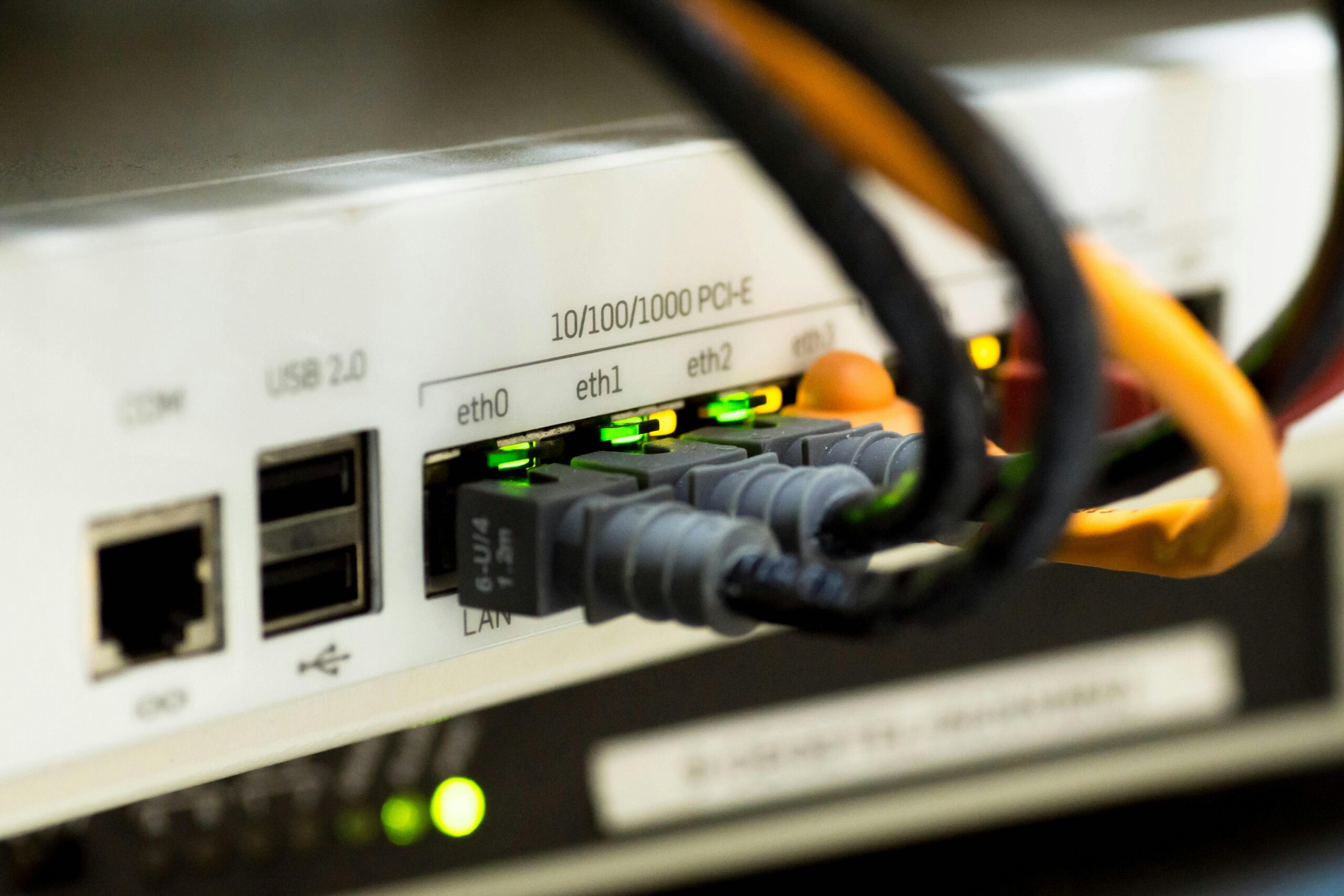SSRF
-
Google and Mandiant: Zero-day in Oracle E-Business Suite likely impacted dozens of organisations
Google Threat Intelligence Group and Mandiant reported that the exploitation of a zero-day in Oracle E-Business Suite likely affected dozens of organisations, using multiple vulnerabilities and post-exploitation tooling linked to Cl0p-styled extortion campaigns; investigators said Oracle has released patches and some investigative details remain unclear.
-
Security firm flags in-the-wild exploitation of Pandoc flaw CVE-2025-51591 to target AWS IMDS
Security researchers at Wiz have observed in-the-wild exploitation of CVE-2025-51591, a Pandoc flaw that enables SSRF against AWS EC2 IMDS, with attackers attempting to exfiltrate data via crafted iframes. The activity underscores the importance of IMDSv2 and least-privilege IAM roles to mitigate cloud credential exposure.
-
Critical Docker Desktop vulnerability could let attackers hijack Windows hosts, researchers say
A critical vulnerability in Docker Desktop for Windows and macOS could allow attackers to hijack the host by running a malicious container, even with Enhanced Container Isolation, tracked as CVE-2025-9074 (SSRF) and rated 9.3. The flaw has been patched in Docker Desktop 4.44.3, after demonstrations of a PoC that could access the Docker Engine from…
-
Zoom and Xerox patch critical Windows and FreeFlow Core flaws that could enable privilege escalation and remote code execution
Zoom and Xerox released patches for critical vulnerabilities in Zoom Clients for Windows and FreeFlow Core, including a high-severity privilege-escalation flaw (CVE-2025-49457) in Windows Zoom clients and two severe flaws in FreeFlow Core (CVE-2025-8355 and CVE-2025-8356) that could enable remote code execution, prompting enterprise patches and risk-mitigation guidance.
-
Hackers Exploit Cloud Native Vulnerabilities to Access AWS EC2 Metadata
Cyber criminals have initiated a campaign aimed at stealing sensitive information from AWS EC2 Instance Metadata by exploiting vulnerabilities known as server-side request forgery (SSRF). Findings from F5 Labs highlight the urgency of migrating to improved security protocols to defend against such attacks.





